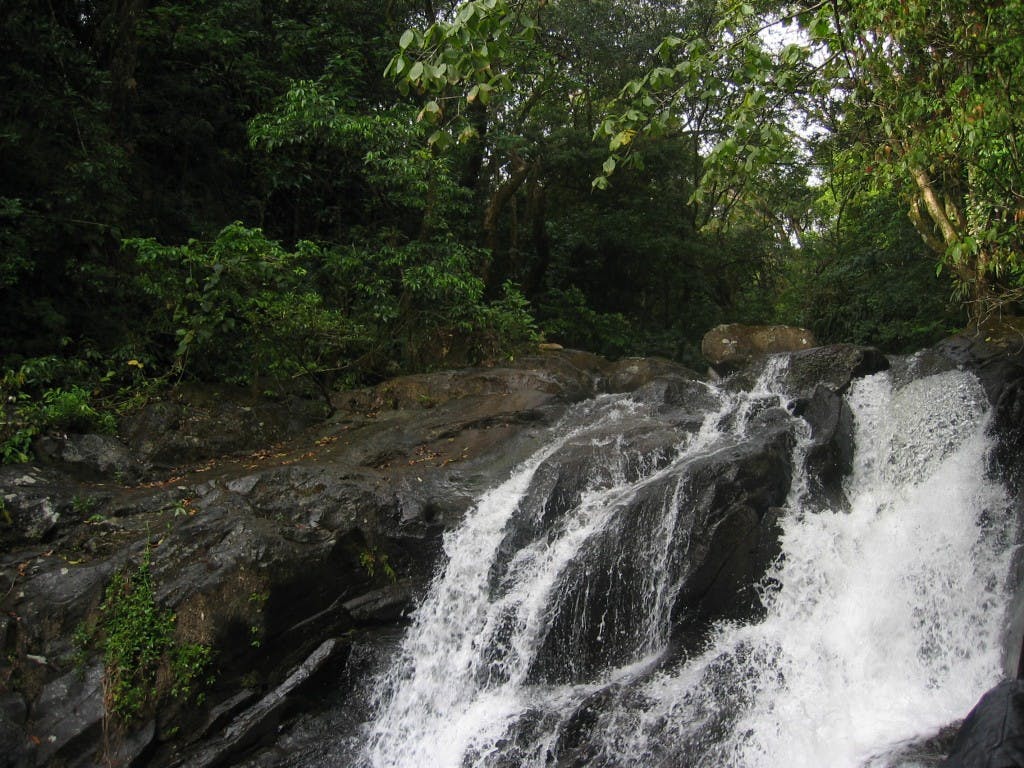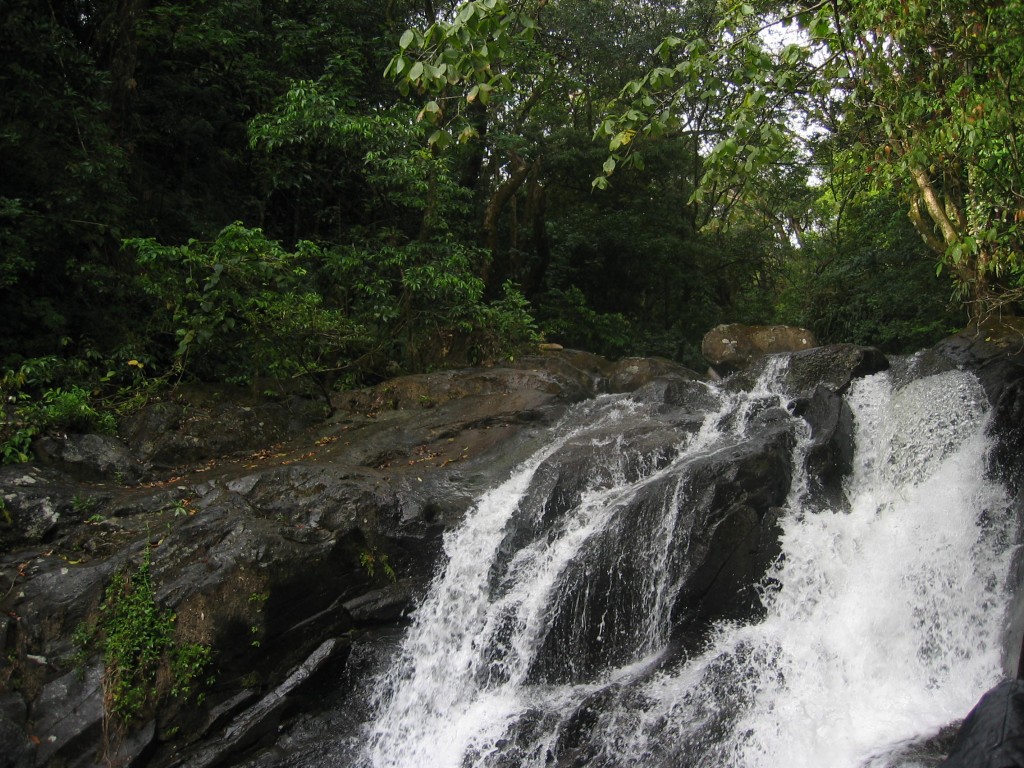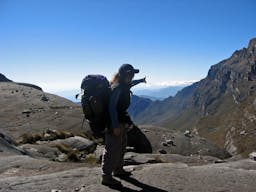Self cleaning natural systems
Jan 21, 2015
Story


Rivers used to run across the world, joining the mountains and the sea. Unfortunately, few courses of water can today account for natural aquatic environment. Human economic and daily activities directly or indirectly affect water quality all around the world. Everyone has complained about humans disrupting the systems, destroying life. Everyone has talked about ecological or natural balance existing somewhere in the past.
I have talked about nature deficit disorder before, focusing on the benefits children can get from spending time in touch with the wild. Unspeakable lessons can come only from direct experience. Nonetheless, lack of environmental education causes, everyday, terrible disorders in grown ups. Adults are harder to work with. Most of the time, imagination is impaired by logic and learning abilities by common sense. Is it?
Get rid of those limitations. Imagine a mountain creek. It is a small, cold, clear stream and you can smell the damp rocks it hits as it pours from what seems to be the inside of the mountain. It tastes like minerals and still feels soft like cloud water in you mouth. You decide to walk with the water as it passes through the forest, grows bigger and finally arrives at the sea. This particular river has the special ability to clean itself. As riffles and pools follow each other, sediments are retained by vegetation, sunlight limits pathogen dispersion and high dissolved oxygen concentration favors bacteria degrading organic matter from litter and deer pellets.
You opened your eyes, got back to your computer screen and thought: "Pretty sight" ... However... If rivers are able to clean themselves, how come 2 billlion people (www.WHO.int) die every year due to lack of proper water sanitation systems?
As waste water volume gets bigger around cities, critical components of the cleaning system are destroyed faster. Chemicals in high concentrations impair microorganisms degrading activities. Deforestation limits sediment and organic matter retention. Accumulation of these components transform a healthy river into slow flowing, turbid, dead water. As I go into the wild with a group of children, I usually spend some time next to a clean Andean river. I like listening to their impressions on the difference between wild water and faucet water. For us, urban dwellers, the city is far away from the rest of the world. It is a separated system, unconnected from this pristine river. However, it is not. Our cities produce much more waste water than any river can endure as a self cleaning system. Additionally, we have gone through all the trouble in destroying that very system in the name of agriculture and technology.
I believe adult environmental education should have the same aims as children´s. We have to connect with nature. We have to acknowledge the relationship between our daily routines and natural resources, natural systems and life. Even if most of the damage is due to large corporations, everyone of us should spend sometime thinking about the origin of the furniture in the living room, the water that poured over every tomato in the fridge and the traveling of our "made in china" sneakers. Where does the garbage go? The water in the drain? smoke in the air? When you have some free time, I encourage you to watch www.thestoryofstuff.com featuring Annie Leonard.
Thinking about origins and fates of stuff makes us appreciate more simple living. Remember that time when everything was balanced? I am packing my backpack, planning yet another walk into the mountain to imagine (this time with preschool children! wish me luck!) when the spirits of the forest took care of its equilibrium. Maybe they will enlight us with more ways to enrich our days and improve life around us and become a functional part of the self cleaning systems of the world.




